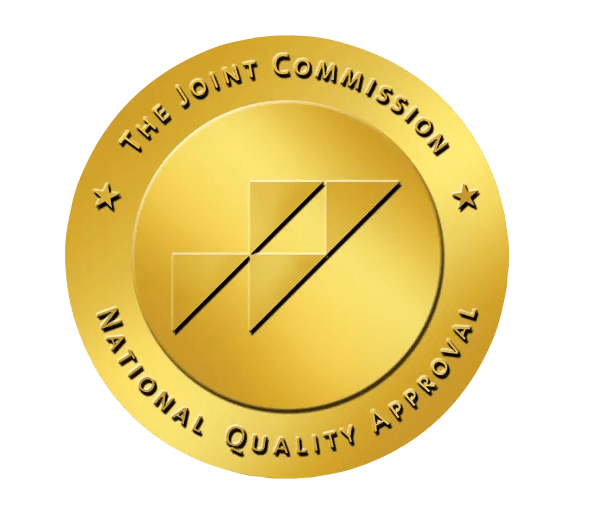4 Common Group Therapy Topics for Addiction
4 Useful Topics in Addiction Group Therapy

Photo Credit: Pexels
Addiction is a serious disease and affects millions of lives worldwide.
Approximately 21 million people have at least one addiction in the U.S. alone.
Fortunately, treatment is available, and one of the many ways those suffering from addiction can benefit from help is through group therapy.
Group therapy can be a game-changer for those suffering from substance use disorder (SUD).
It helps members bond through shared experiences, improve communication skills, and gain insight into their own issues by listening to others going through similar problems.
The various group therapy topics discussed also help individuals benefit from different perspectives.
While there is a broad range of group therapy topics, we’ve discussed some of the most common topics below.
RELATED: Benefits of Sobriety: Reasons to Pursue Addiction Recovery→
1. Triggers
One of the most common group therapy topics for addiction is triggers.
Triggers for substance abuse provoke alcohol or drug abuse and result in an individual relapsing.
This group therapy topic is integral to sobriety since it helps individuals discuss their triggers and teaches them how to identify specific triggers and avoid them in their daily lives.
Discussions also include strategies on coping with triggers and resisting the urge to revert to their addiction.
2. Trauma and Past Traumatic Experiences
Many individuals turn to substances to deal with past traumatic experiences.
These include loss, injury, physical or sexual abuse, and more.
Group therapy topics like trauma are especially useful since they allow individuals to voice their monsters, address their experiences openly in a judgment-free environment, and understand how to better cope with these traumas.
3. Support
Support is a critical part of recovery, making it one of the most common group therapy topics in addiction groups.
Those battling addictions need a support network to help them on their recovery journey, including support from friends, family, and even group members.
4. Self-Care
When you’re in the depths of addiction, self-care isn’t a priority.
Those suffering from addiction neglect their physical and mental health.
Addiction recovery makes self-care a focus and encourages individuals to tend to their needs.
Discussing self-care allows individuals to develop different strategies and ideas on prioritizing themselves, their health, and their goals.
Some examples of self-care include proper diet and exercise, hygiene, getting enough rest, coping with stress, and more.
Summary
These are only some of the many group therapy topics you can expect to discuss as part of an addiction recovery group.
In addition to reducing stress and helping individuals open up, group therapy boosts self-confidence and reduces the loneliness and shame that come with addiction.
If you or a loved one is suffering from addiction, it’s possible to get better.
At Pathways Recovery Centers, we offer several recovery programs. From group therapy and private sobriety coaching to both residential and outpatient programs, there’s something for everyone.
Call us at 1-888-744-6597 or reach out to us here, and our experts will help you choose the right program for your needs.











